Deep C Anand, Founder of Anand Group Is No More
- By MT Bureau
- October 28, 2024
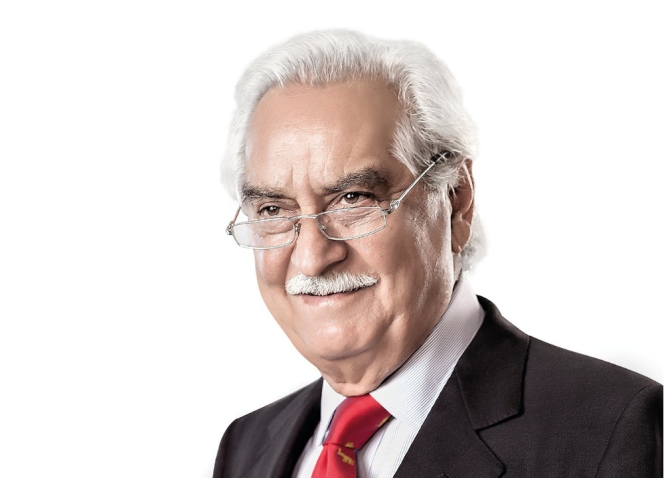
The Anand Group, a key player in the Indian auto components space, has announced the passing away of its Founder and Chief Mentor Deep C Anand on 25 October 2024 at the age of 91.
The final prayers were held on 27 October 2024 at the company head office in Hauz Khas, Delhi.
Established in 1961 as a small enterprise, the Anand Group has grown to operate automotive component companies across India in strategic collaboration with some of the best global automobile suppliers.
An alumnus of Bishop Cotton School in Shimla, Anand did his mechanical engineering from Chippenham College of Technology, UK. He began his stint in the auto sector as a plant manager in 1954 with Mahindra & Mahindra in Mumbai.
His first enterprise Gabriel was established in collaboration with Maremount Corporation of USA at the age of 27.
Starting with the manufacture of shock absorbers thus, Anand went to establish a model of successful partnerships with many other global tier 1 suppliers to expand his group’s involvement in the Indian auto sector.
Present in the hospitality sector other than the auto sector, the Anand Group recorded a revenue of INR 23,320 million in FY2021-22 as a publicly listed company.
- Padmanabh Sinha
- Varroc
- National Investment and Infrastructure Fund
- NIIF
- Temasek
- Tata Opportunities Fund
- Tarang Jain
- LaunchBay Capital
Padmanabh Sinha Joins Varroc’s Board As Independent Director
- By MT Bureau
- July 18, 2025

Pune-headquartered tier 1 supplier Varroc has appointed Padmanabh Sinha as an Independent Director on its Board of Directors, effective 18 July.
He brings over two decades of experience in the Indian investment ecosystem across private equity and technology entrepreneurship space. Sinha has held various positions in domestic and global investment institutions such as National Investment and Infrastructure Fund (NIIF), Temasek and Tata Opportunities Fund, among others, with deep expertise in capital allocation, investment stewardship and value creation across cycles.
Sinha holds a bachelor’s degree in computer science (Hons) from BITS Pilani, an MBA from IIM Calcutta, and has completed the Executive Development Program in Private Equity at Harvard Business School.
Tarang Jain, Chairman & Managing Director, Varroc, said, “We are delighted to welcome Padmanabh Sinha back to our Board. His broad-based experience and strategic perspective will be a valuable addition to Varroc as we accelerate our transformation and growth journey.”
Padmanabh Sinha said, “It is an honour to join the Board of Varroc. I look forward to contributing to Varroc’s journey of innovation, sustainable growth, and global competitiveness.”
At present, Sinha serves as the Managing Partner and Co-founder of LaunchBay Capital, a recently established growth-stage private equity platform focused on mid-market, India-headquartered businesses across the Consumer, Healthcare, Industrials, Financial Services and Technology sectors.
Pricol Partners Italy’s Domino To Expand Two-Wheeler Component Offerings
- By MT Bureau
- July 18, 2025

Coimbatore-headquartered component supplier Pricol has inked a Technology License Agreement with Italy-based Domino, a leading supplier for motorcycle control systems.
As per the understanding, Domino will share its expertise in motorcycle control systems for throttles, switches, and allied products, while Pricol will bring its robust manufacturing and customer network to develop and scale new generation of products tailored for India and the Southeast Asia region.
In addition, they will also explore cross collaboration, including leveraging the robust aftermarket presence of Domino in European and US markets
Vikram Mohan, Managing Director, Pricol, said, “Partnering with Domino S.R.L. marks a significant step forward in our journey to deliver world-class technology solutions. Their legacy of innovation in motorcycle control systems perfectly complements our deep market understanding and manufacturing strength. This collaboration is a shared commitment to delivering greater value to our customers and accelerating our growth across new product offerings.”
Federico Bertini, CEO, Domino S.r.l., said, “Our partnership with Pricol is a cornerstone of our global expansion into the vital markets of India and Southeast Asia. This Agreement combines our precision-engineered solutions with Pricol's market knowledge and operational excellence. Together, we will set a new standard in two-wheeler control systems, driven by a shared commitment to innovation and quality that reflects our business values and creates sustainable value for customers.”
Siddharth Manoharan, Group Director Strategy, Pricol, added, “This partnership with Domino S.R.L. will deliver superior innovation and value to our customers and end-users. More than just expanding our portfolio, this collaboration solidifies our strategic intent to become an aggregate player of handle components in a two-wheeler along with our Driver Information System, thereby strengthening our place in the market.”
Tata AutoComp, Skoda Group Join Forces To Manufacture Railway Components In India
- By MT Bureau
- July 09, 2025
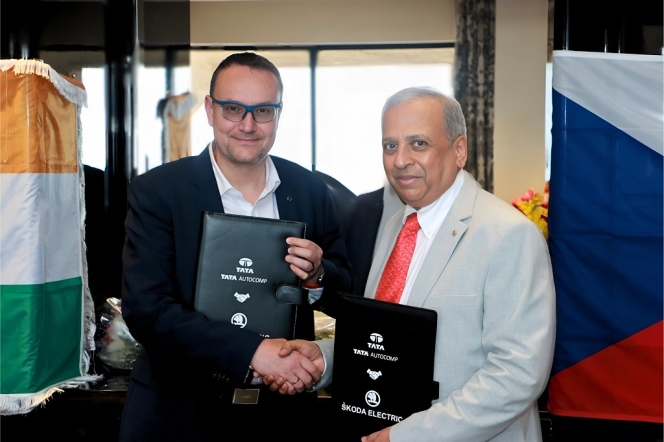
Pune-headquartered tier 1 supplier Tata AutoComp has formed a joint venture with Skoda Group, a leading European manufacturer of components and vehicles for public transport, to manufacture railway propulsion systems and components in India.
With a multi-million euro investment, the new company will focus on manufacturing converters, drives and auxiliary converters for medium high-speed and regional trains, metros and light rail vehicles.
Tata AutoComp, which already has capabilities in the systems and components for electric vehicles, will benefit from product diversification and further strengthen its offerings for the Railway and Metro segment.
Arvind Goel, Vice-Chairman, Tata AutoComp, said “Tata AutoComp has consistently led the way in delivering advanced technological solutions to its customers. Our collaboration with Skoda Group is set to enhance our footprint in the Indian Railway and Metro sector by enabling the introduction of state-of-the-art electrical propulsion systems and components. We value this partnership with Skoda Group, a globally recognized provider of high-quality railway technologies.”
Manoj Kolhatkar, MD & CEO, Tata AutoComp, added, “We are delighted to collaborate with Skoda Group, a global player in the public transport industry. This partnership improves our market presence in the Railway domain and will contribute to safe and efficient solutions for Indian Railway and Metro segments.”
Petr Novotny, CEO and Chairman of the Board of Directors of Skoda Group, said, “This joint venture represents our commitment to innovation and international collaboration. Together with Tata AutoComp, we are bringing advanced technology and expertise to India, a testament to years of development and proven solutions in operation not only in the Czech Republic, but also in other European countries. I am confident that this partnership will enable both companies to lead and stay in the forefront of the growing demand for modern rail solutions.”
Indian Auto Market Continues To Stand Tall Believes ACMA
- By MT Bureau
- July 08, 2025
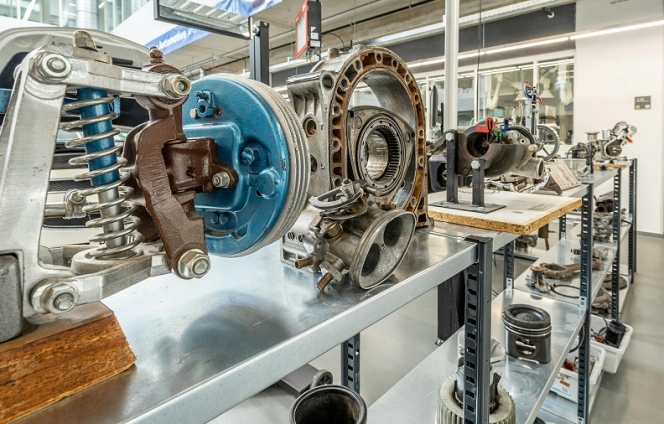
The Indian automotive component industry clocked USD 80.2 billion in turnover in FY2025, which translates to 9.6 percent growth over USD 74.1 billion in FY2024 revealed by data from the Automotive Component Manufacturers Association (ACMA).
Interestingly, the domestic component industry was able to further widen its trade surplus to USD 453 million, as against USD 300 million last year, with exports growing at 8 percent, while imports grew by 7.3 percent. The industry believes that despite global challenges, the Indian automotive industry continues to stand tall and is further expected to continue its growth momentum across segments.
As per the data, the industry grew at a CAGR of 14 percent from FY2020 to FY2025, which translates to almost doubling the size in the past five-year period.
Vinnie Mehta, Director General, ACMA said, “The Indian auto component industry continues to exhibit remarkable resilience and growth. With OEM sales, exports and the aftermarket segments all growing positively.”
The Indian automotive industry primarily driven by passenger vehicle segment enabled the component industry to gain volumes, which now account for almost 43 percent of the total component sales to OEMs, followed by commercial vehicle at 25 percent and two-wheelers at 20 percent, among others.
Shradha Suri Marwah, President, ACMA & CMD, Subros, said, “The Indian auto component sector continues to be a cornerstone of the country’s manufacturing prowess. FY2025 was yet another milestone year where the industry’s growth was underpinned by strong domestic demand, rising exports, and increasing value addition. As India transitions towards new-age mobility, our industry is making the necessary strides in investments, technology and localisation to serve both domestic and global markets effectively.”
“The fiscal year witnessed broad-based growth and recovery across segments. While two-wheelers demonstrated robust growth, the passenger vehicle and commercial vehicle segments experienced steady, albeit moderate, momentum. On the exports front, ongoing geopolitical challenges have led to supply-chain challenges. Nevertheless, the industry continues to show remarkable resilience and remains in robust health. Investments in higher value-addition, technology upgradation and localisation are being accelerated to align with evolving customer expectations and global supply chain dynamics. However, the limited availability of rare-earth magnets remains a concern, underscoring the need for a national strategy on critical materials to secure the future of EV and mobility manufacturing in India,” added Marwah.
Exports & Imports
Coming to the exports, the auto component industry clocked USD 22.9 billion worth of exports, up 8 percent YoY, while imports came at USD 22.4 billion, up 7 percent YoY.
Engine components and Drive Transmission and Steering, remain the dominant segment, accounting for more than half of exports. While, Steering and Engine, remained the two dominant segments in imports, accounting for 57 percent of the total imports.
North America (USD 7.3 billion), followed by Europe (USD 6.74 billion) and Asia (USD 5.92 billion) were the top three export markets, which saw growth of 8.4 percent, -2.1 percent and 15.1 percent YoY respectively.
Coming to imports, Asia primarily driven by China (USD 14.91 billion), Europe (USD 5.77 billion) and North America (USD 1.65 billion) were the top three markets, which grew by 8.6 percent, 6.8 percent and 1.3 percent YoY respectively.
Aftermarket
The report found that the expansion of the automotive aftermarket was primarily driven by rising vehicle usage for both personal and commercial vehicles, with the growth being fuelled rural development in entry-level segments, shifting preference for larger vehicles and the increasing shift towards formal repair and maintenance market.
Tailwinds and Headwinds
The apex component body believes that India continues to be a key growth market globally, especially for the automotive industry with largely stable domestic demand, exports, infrastructure development, investments & capacity expansion, government push towards clean mobility and new entrants in the mobility space.
On the other hand, rising geopolitical challenges, increasing freight costs, available of rare earth magnets, raw materials price volatility and high GST on auto components could be a dampener.
Representational image courtesy: Mike van Schoonderwalt/Pexels


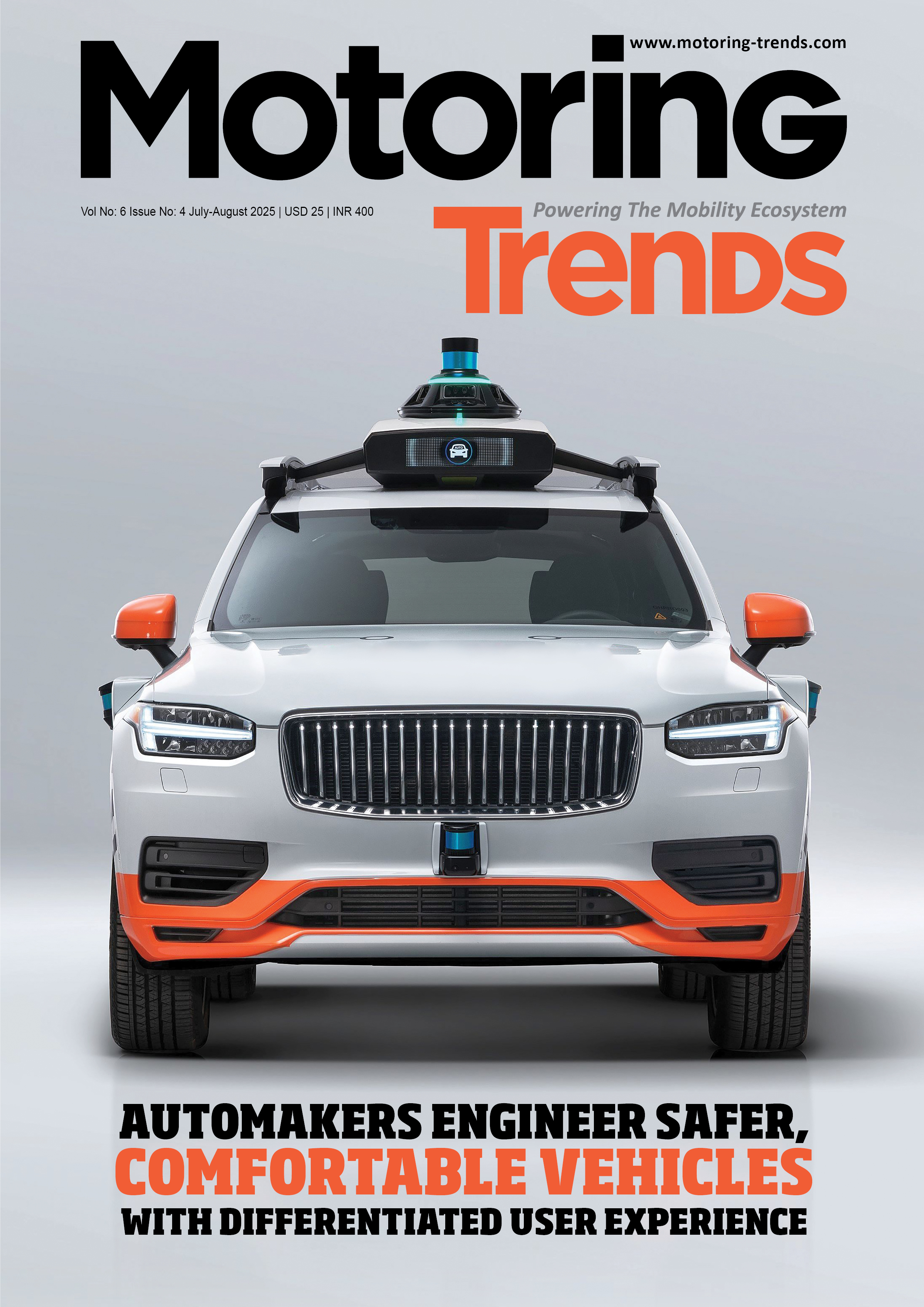
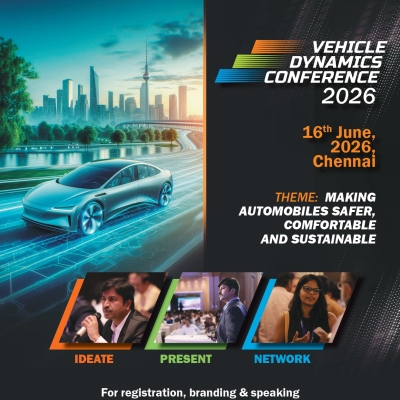
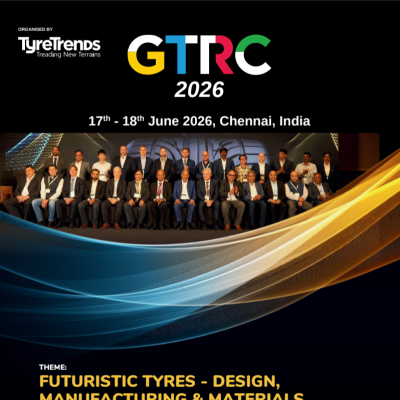
Comments (0)
ADD COMMENT